In movie terms, skill challenges are like set pieces.
They’re essential obstacles that showcase the protagonists' power and growth.
A darkness washes over the land as sickness spreads.
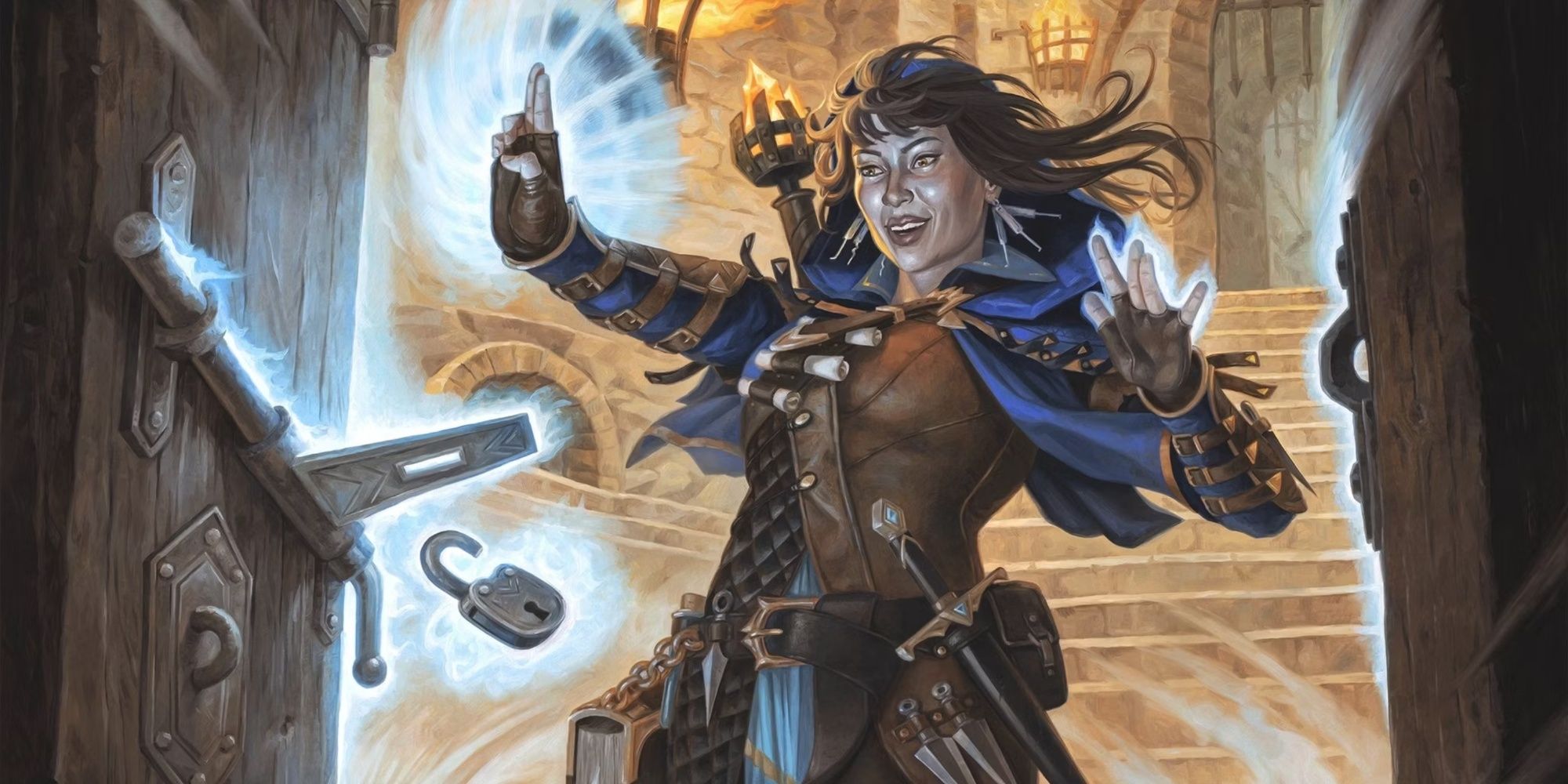
Imoen, Mystic Trickster by Alix Branwyn
It’s time for plague Dungeons & Dragons.
Older players might have unpleasant memories of skill challenges in Fourth Edition D&D.
These sometimes felt like a series of fixed checklists rather than a creative use of player skills and imagination.
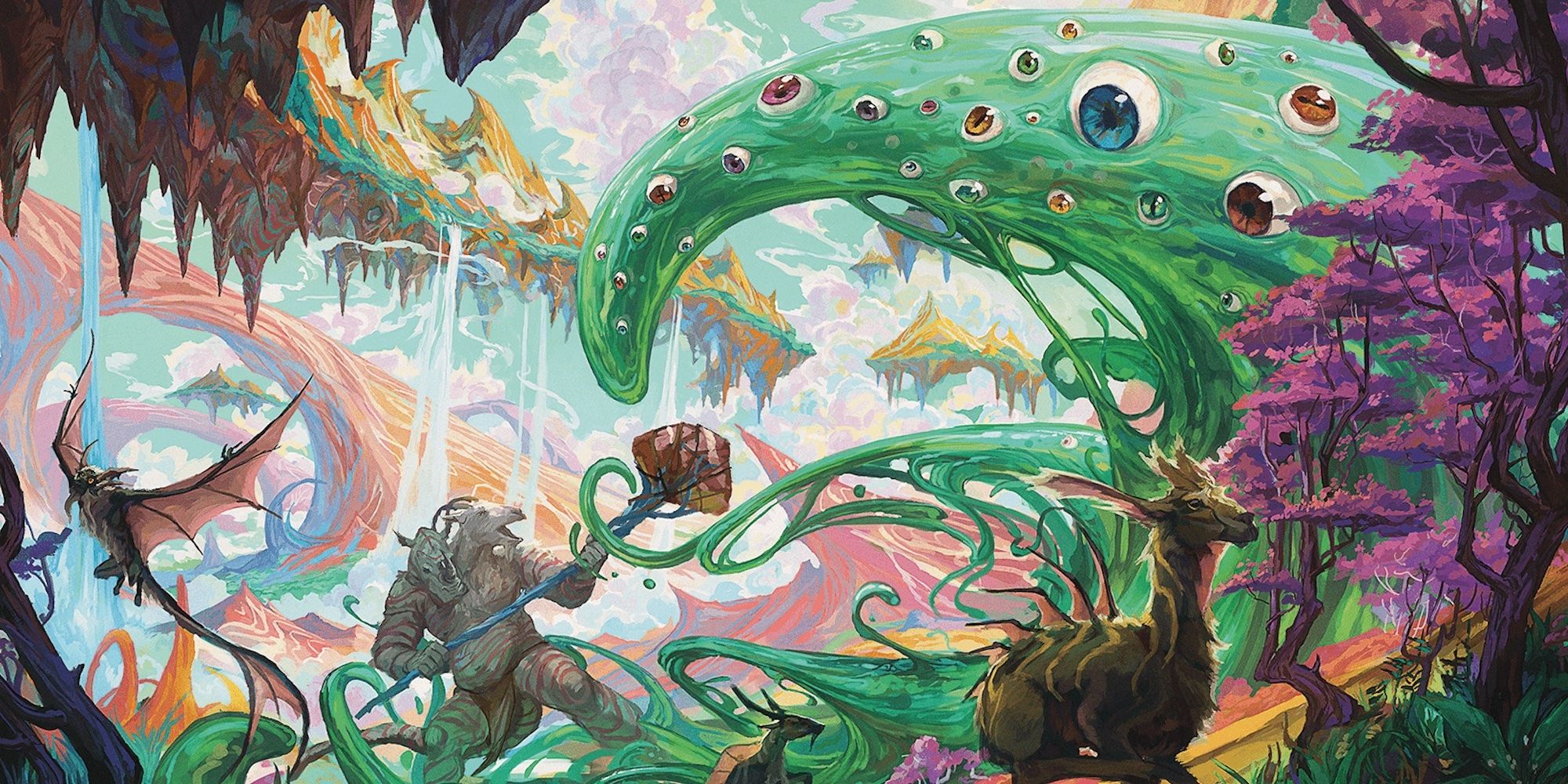
Art via Wizards of the Coast
Thankfully, skill challenges don’t need to be tedious or overly rigid.
Let’s check out how to run fun skill challenges in D&D.
What Is A Skill Challenge In Dungeons & Dragons?
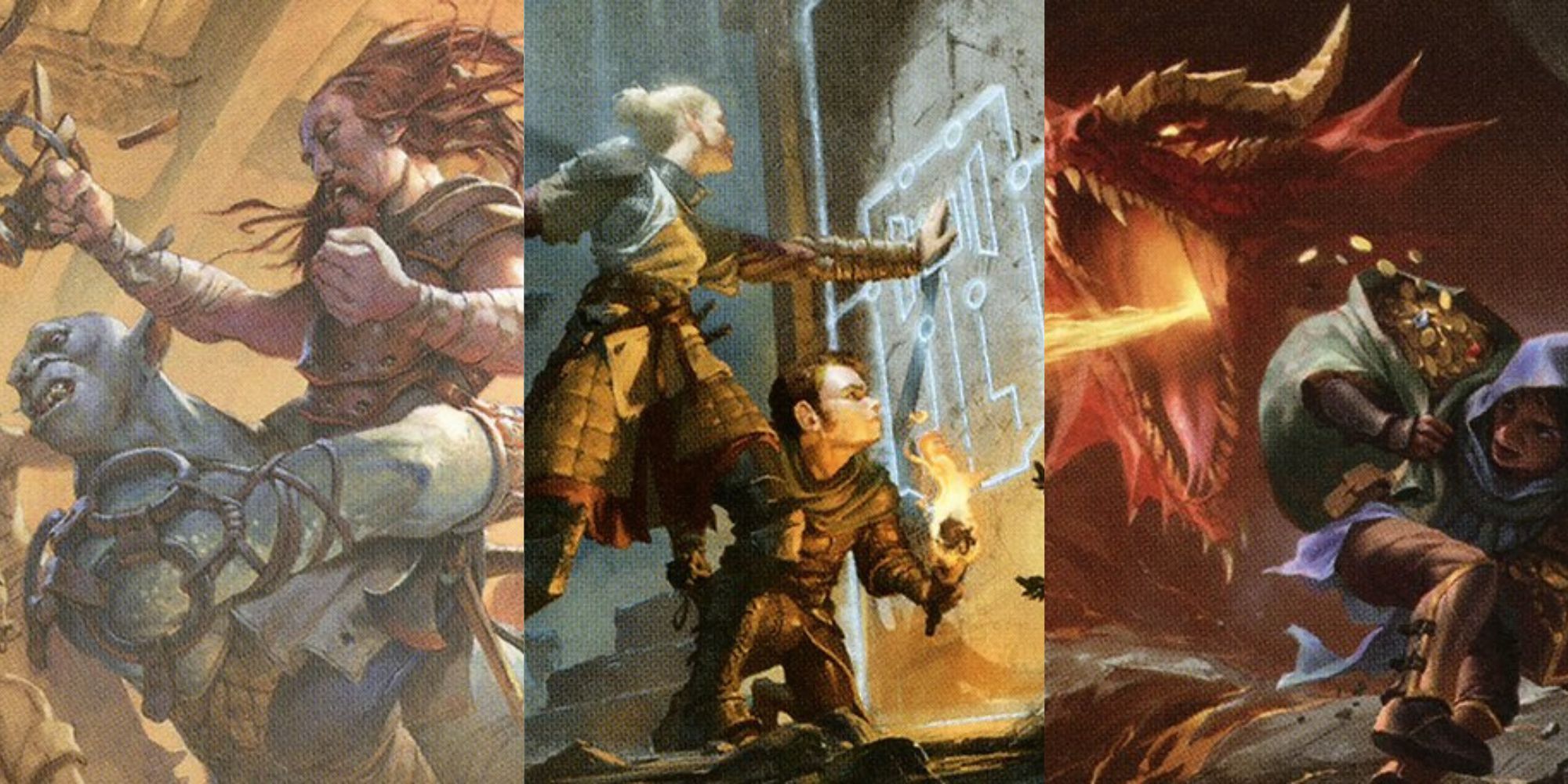
Art via Wizards of the Coast
Different skills will make sense depending on the challenge.
Great skill challengesincorporate multiple checks that engage different members of the party.
The DM shouldknow the criteria for success and failurebefore the challenge begins.
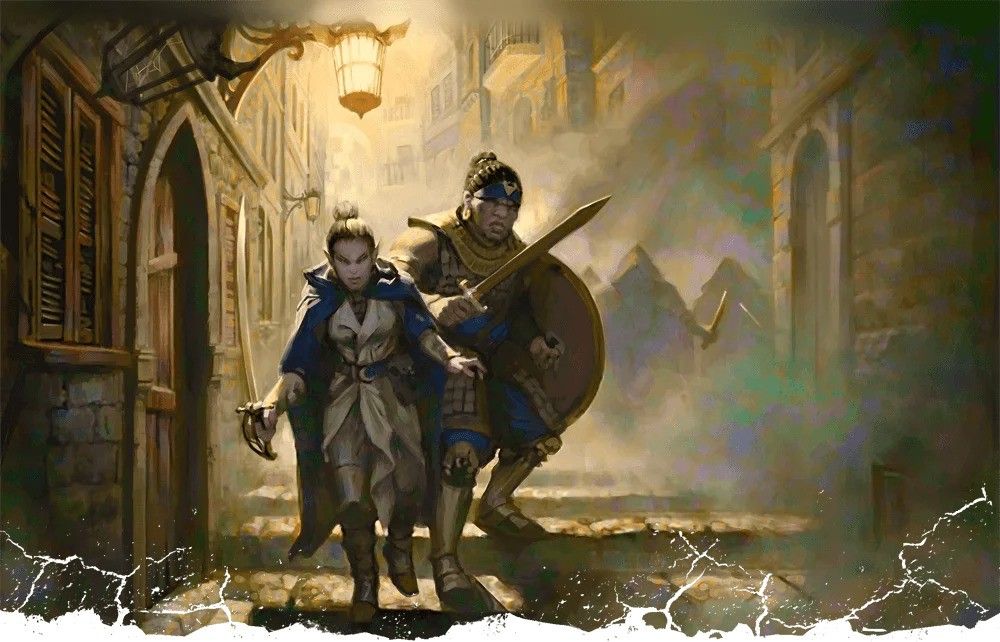
Foggy streets via Wizards of The Coast
There are many ways to assess the party’s success.
For example, if there are six skill checks, the party might need to beat four to succeed.
Essentially, skill challenges are a lot like combat in their execution.
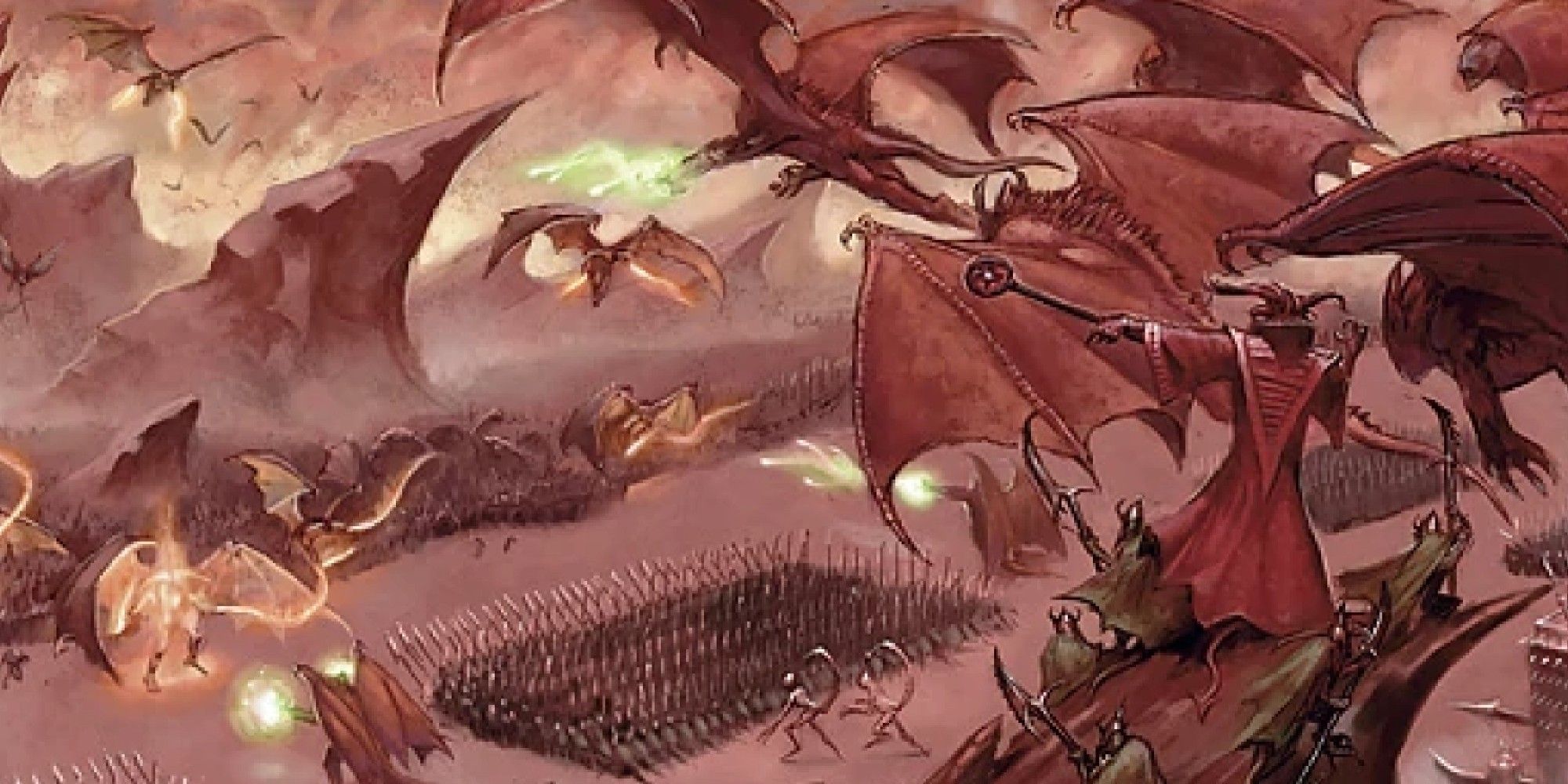
Via Wizards of the Coast
The DMsets out the situationandthe stakesandthen asks the players what they want to do.
Just like combat, victory can come in more than one form.
Rewarding player creativity makes for switched-on players.
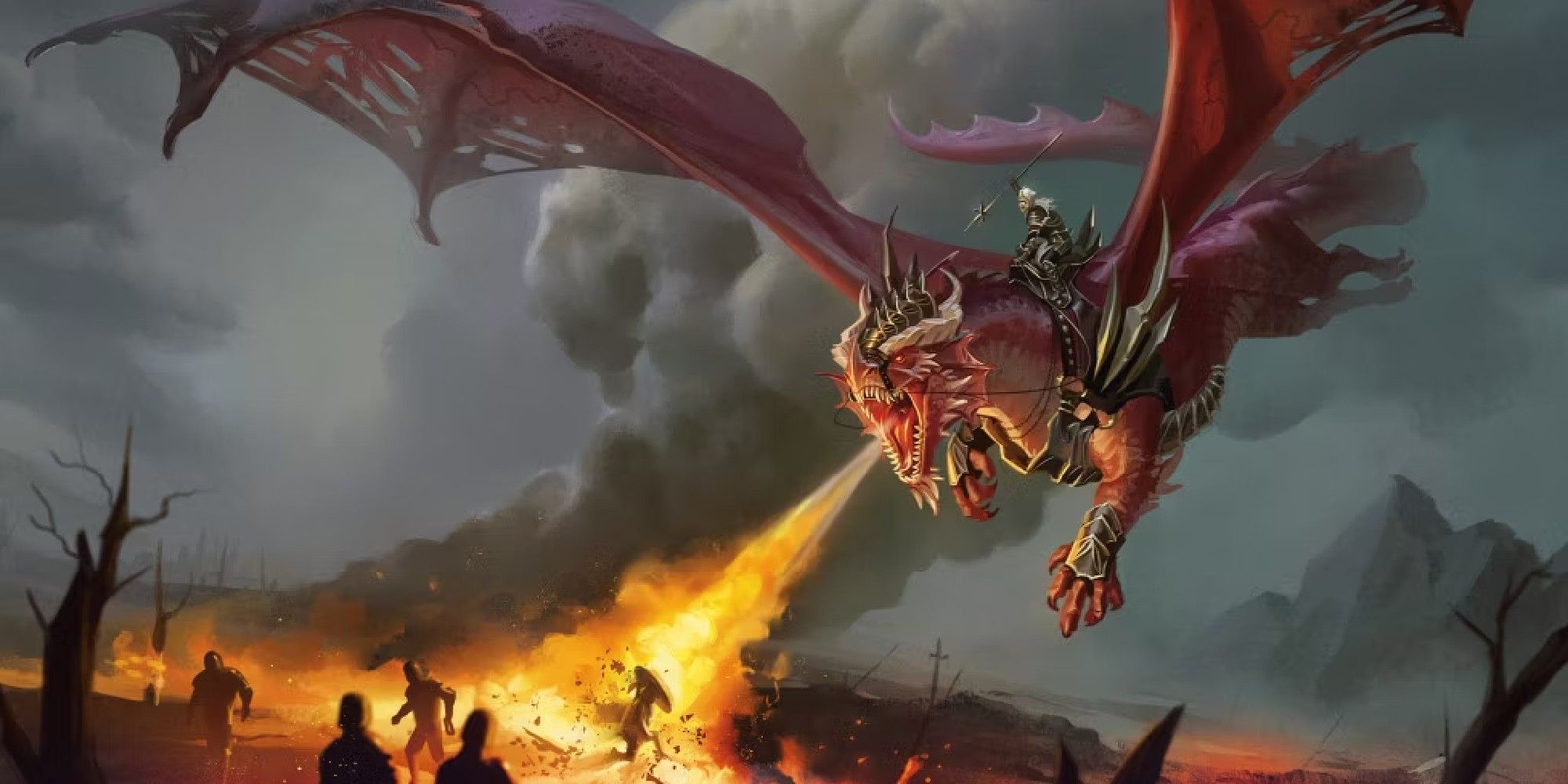
Kansaldi On Dragon by Katerina Ladon
Combat in D&D works best when the players feel a palpable sense of failure.
In a skill challenge, doing nothing results in failure just as surely as doing the wrong thing.
D&D encounters work when the consequences of success and failure are clear beforehand.
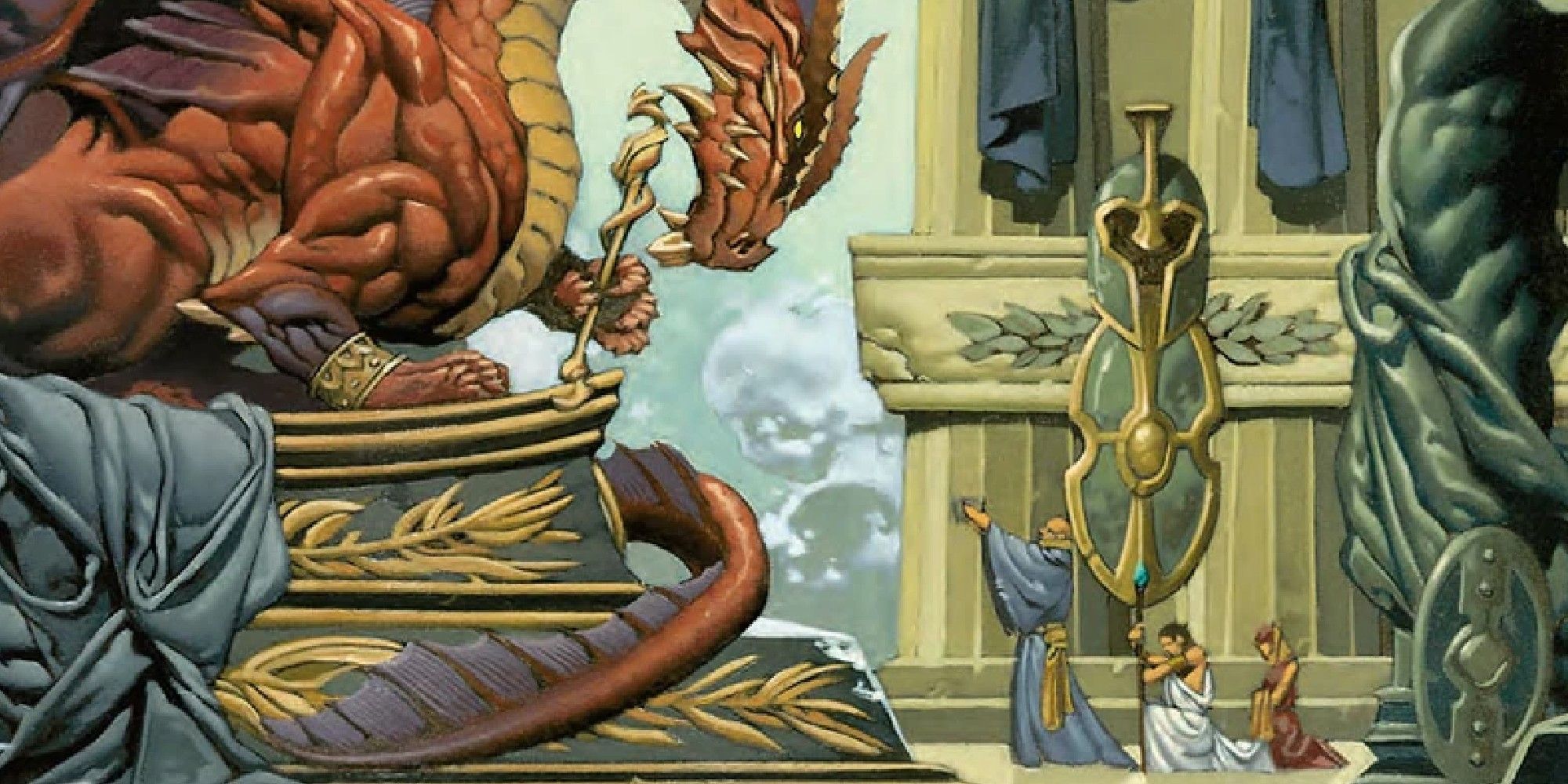
Via Wizards of the Coast
Each new roundshould potentially introduce some wildcard element that could upset the balance.
Players engaged in street-level chase?
How To Handle Player Agency In D&D Skill Challenges
Players love options.

Art via Wizards of the Coast
DMs canforeshadow this preferenceby playing the NPC as tough and proud.
Avoid crossed wires by describing how andwhyyou want to use specific skills at specific times.
One way for the DM to encourage skill descriptions is to use lots of modifiers.
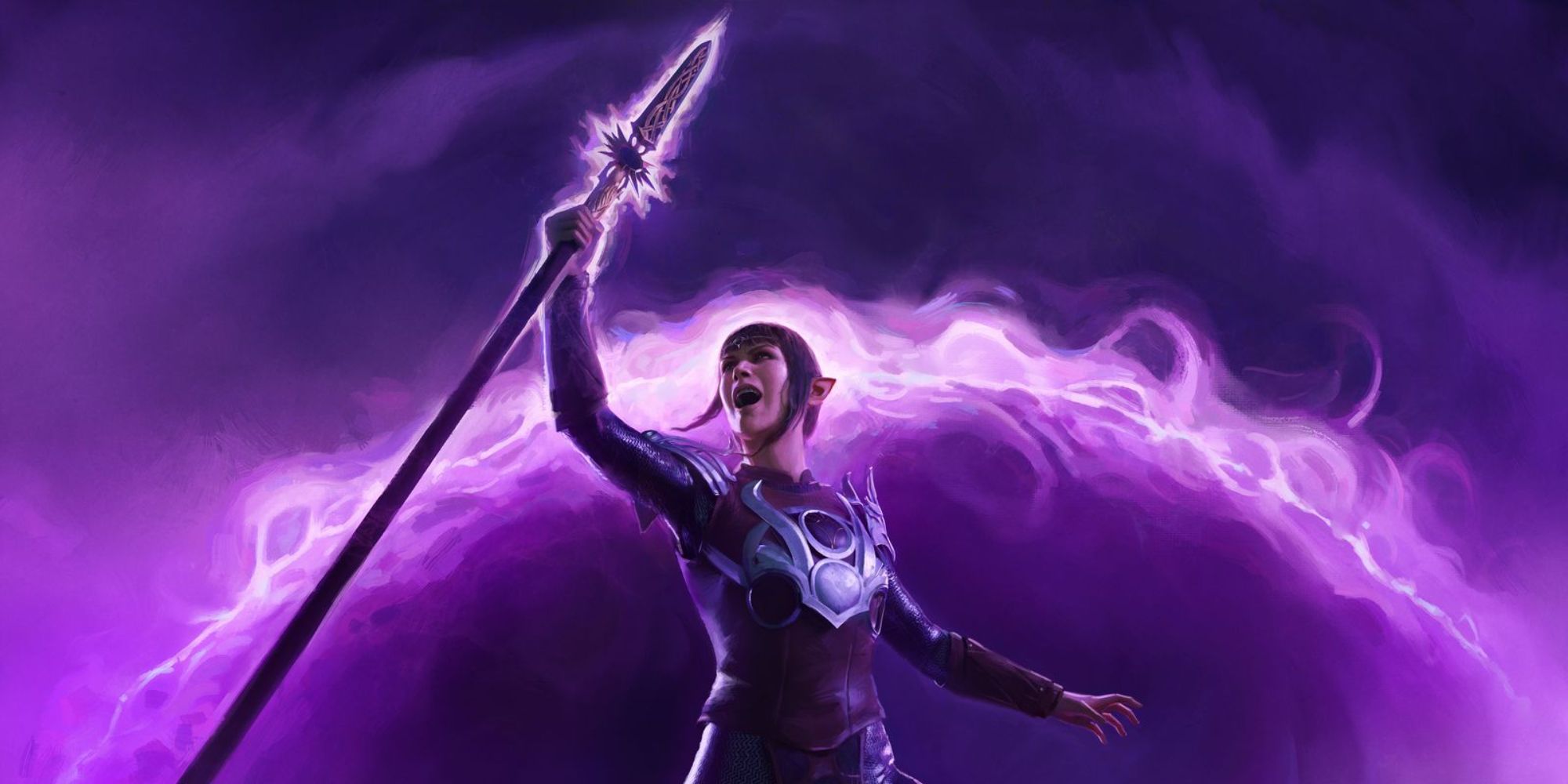
It’sOK to say noif these ideas don’t make sense.
But the core idea of D&D is fun, cooperative storytelling.
Be liberal in your interpretations.

